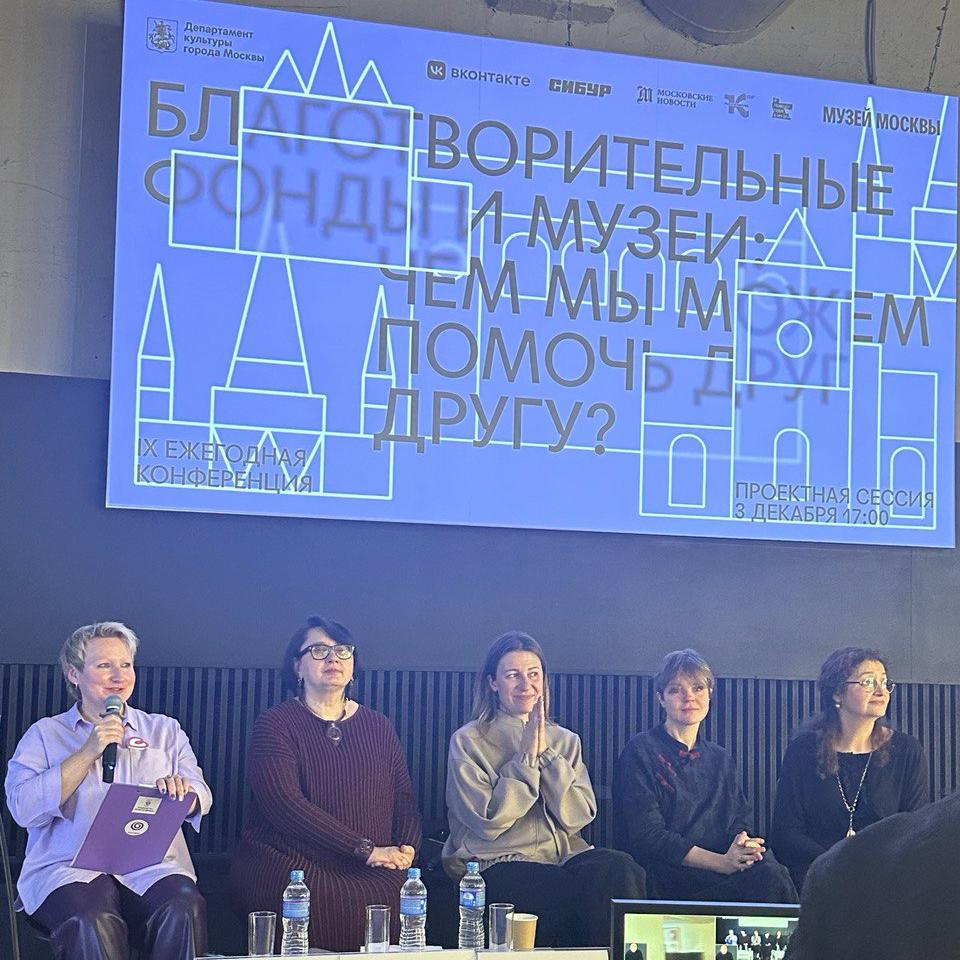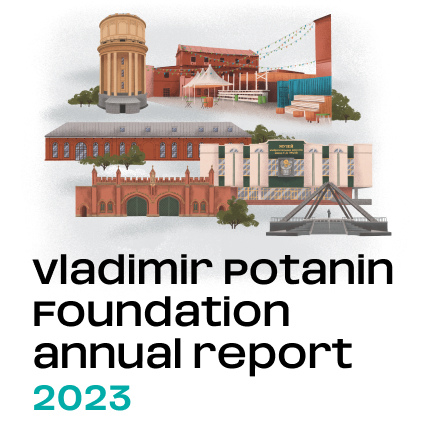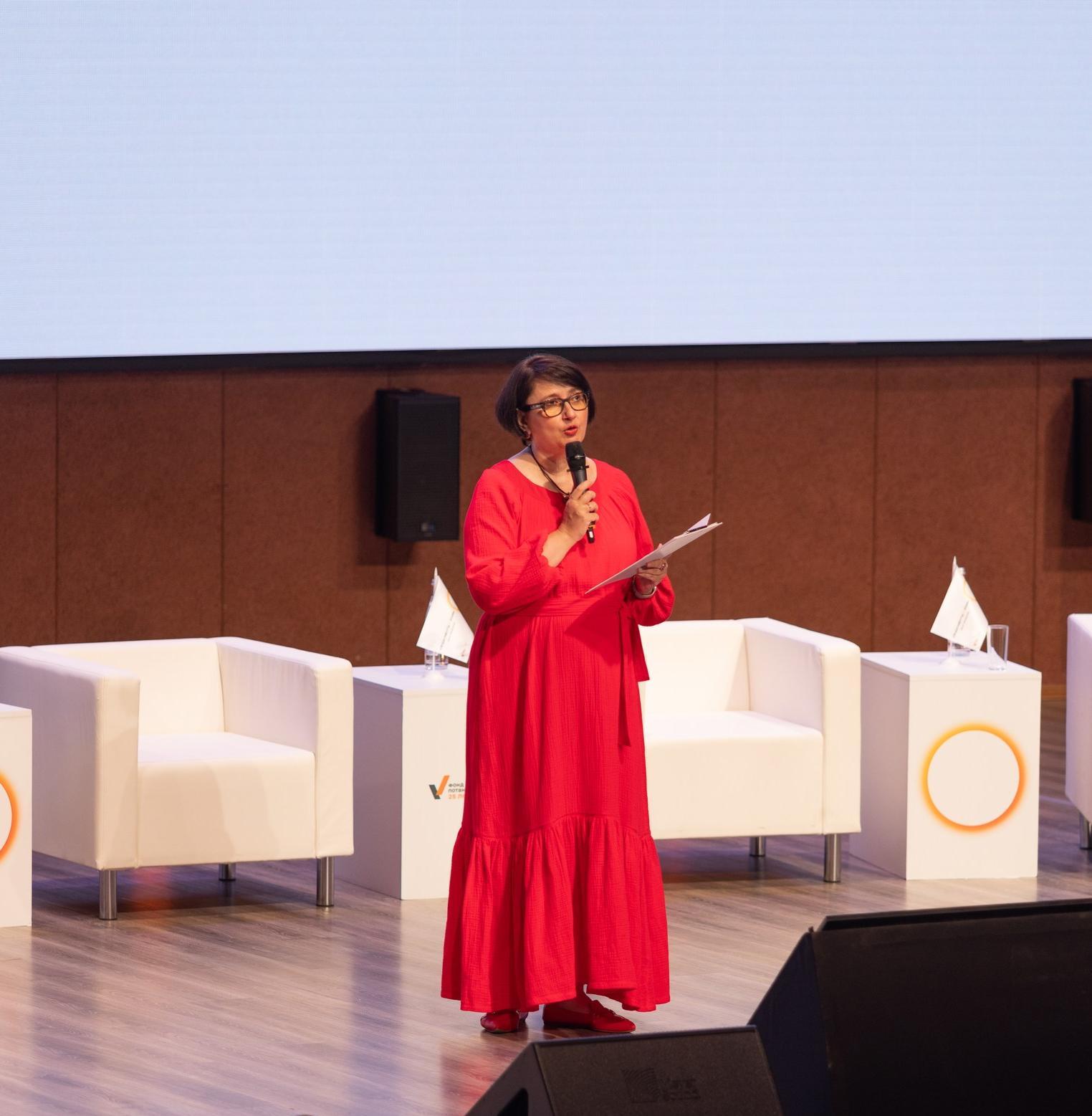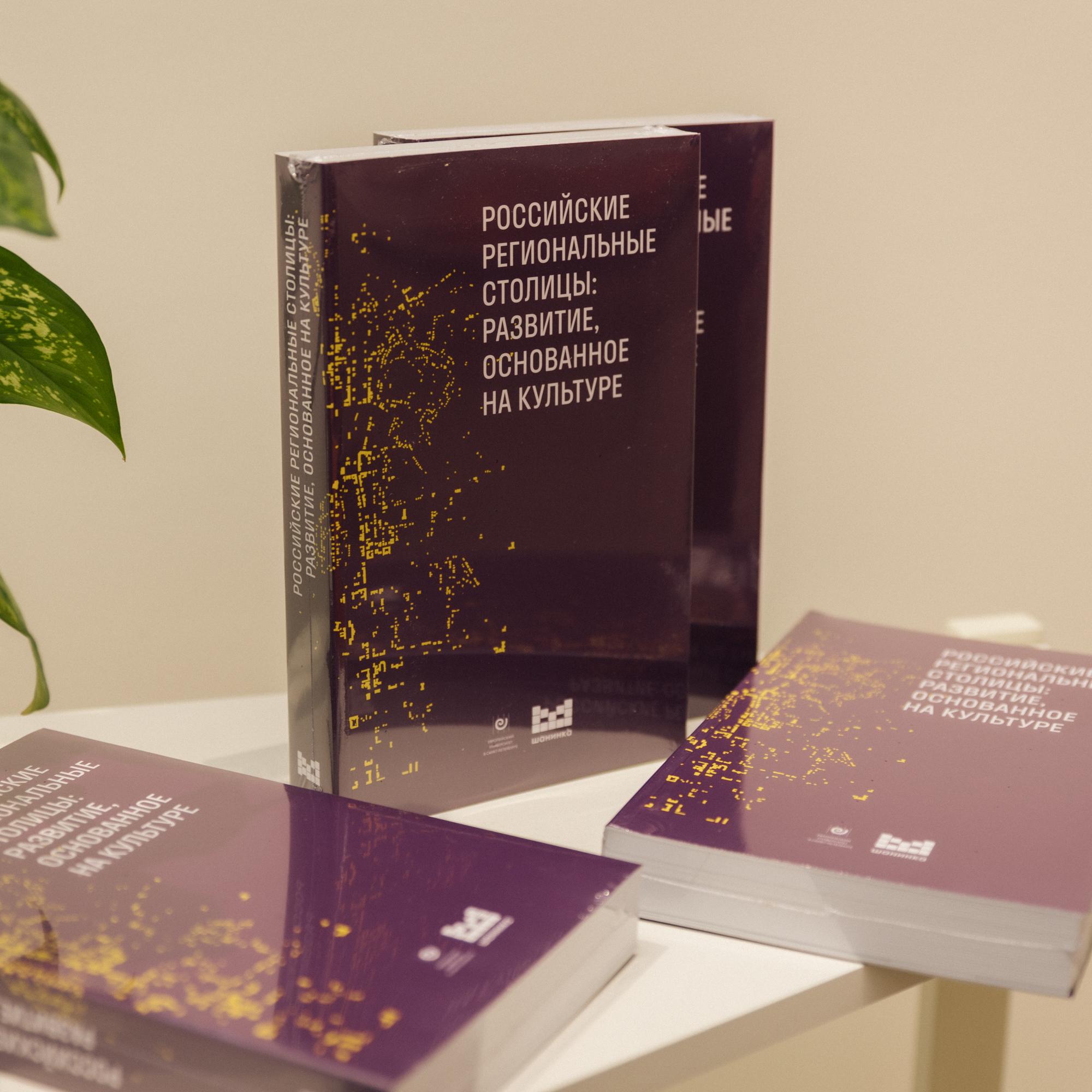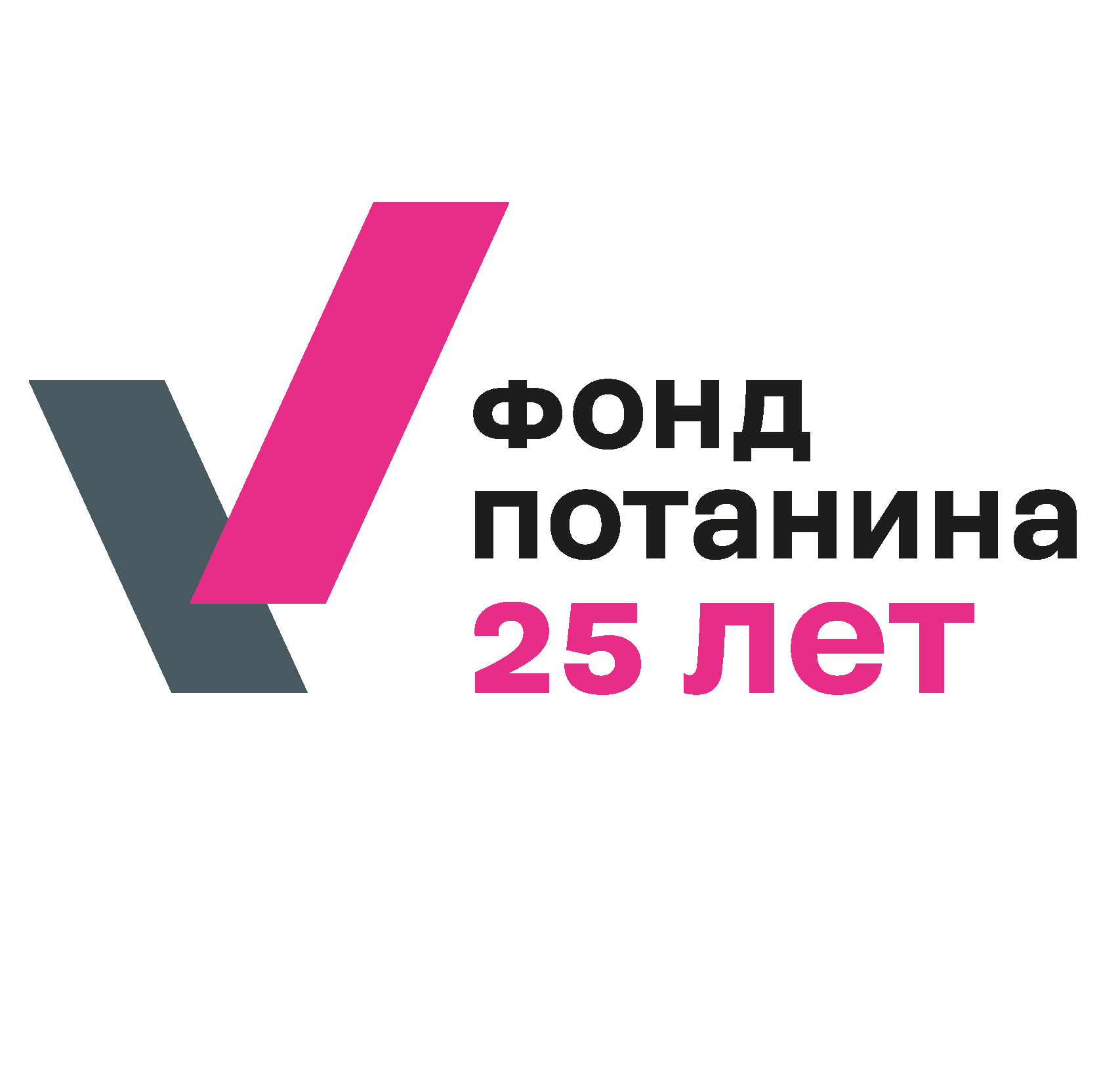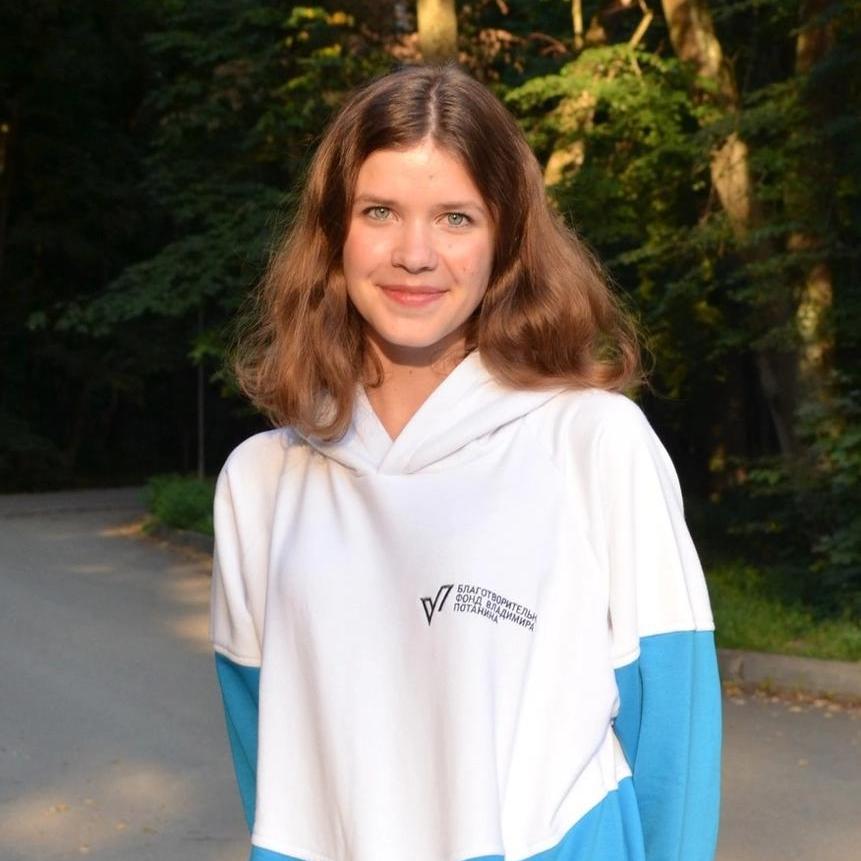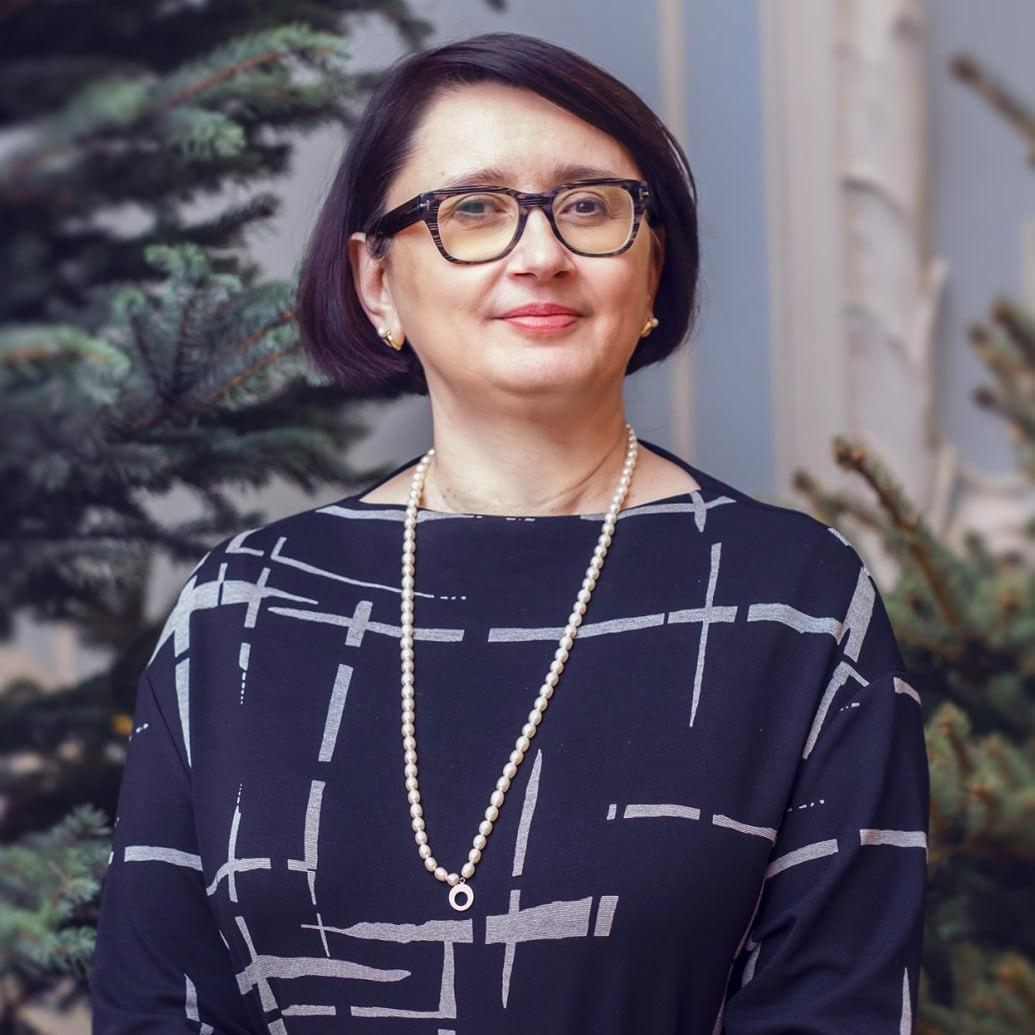(en) Текст новости
On March 25, General Director of the Vladimir Potanin Foundation Oksana Oracheva participated in New Power Webinar, initiated by WINGS and Leping Social Entrepreneur Foundation. The discussion brought together leading international experts in charity and the representatives of the non-profit organizations, who shared their opinions on the issue of New Power, its upsides and downsides, as well as its potential in increasing the effectiveness of philanthropy.
Oksana Oracheva spoke about interconnection between new power and technologies, highlighting the impact digitalization may have on grantmaking direction and strategy. Starting with a classical definition of power as the ability to control something, Oksana stated that technology provides the basis to change this traditional distribution of power between different actors.
“We usually associate money and funding with the opportunity to influence the project and its outcomes. However, with crowdfunding opportunities that we have – and crowdfunding is about technology – we actually destroy that classical paradigm of relationship between finding the opportunity and attribution to outcome. So, progressive digital solutions give us a chance to change the traditional relationship. “Giving Tuesday”, for instance, is also about this opportunity in a way, because this is also the technological solution,” mentioned Ms Oracheva.
She also told that other technological solutions, related to distribution of funding, are a bit more complicated. Among them are different technological systems, including application and grant management platforms, that help grant seekers to get additional funding.
“When we use application platforms as a part of open calls we actually increase the opportunity for participation”, commented Ms Oracheva. “We give equal opportunities to everyone who is interested to apply. In this sense, going online in application processes and grant management is definitely a way for more inclusion, more equality and more participation”.
One more idea, which was put forward, is that through technology we provide opportunities for potential grantees who do not receive any privileges in decision-making process.
“The decision-making process going online equalizes both grantees and grant givers, the power gap is narrowed but in order to really work on a power gap we need to go not to the technology itself, but to the way we design the instruments. Of course, technology has some limitations in this area and this is one of the challenges. When we provide online opportunities for funding, we very quickly move from individual relationship into the area where we have thousands and millions participants whom we do not know in person. We have a lot of Big Data here, which is definitely valuable, but, on the other hand, we start losing a very important part – the human touch in everything we are doing”.
“The most topical question for the future is how to combine benefits of technology and Big Data with the human face of philanthropy which we desperately need and how to use both parts in one process. I think, the future is about how to use the technology for the best of new power but still not rely on technological solutions in full,” said Oksana Oracheva.
